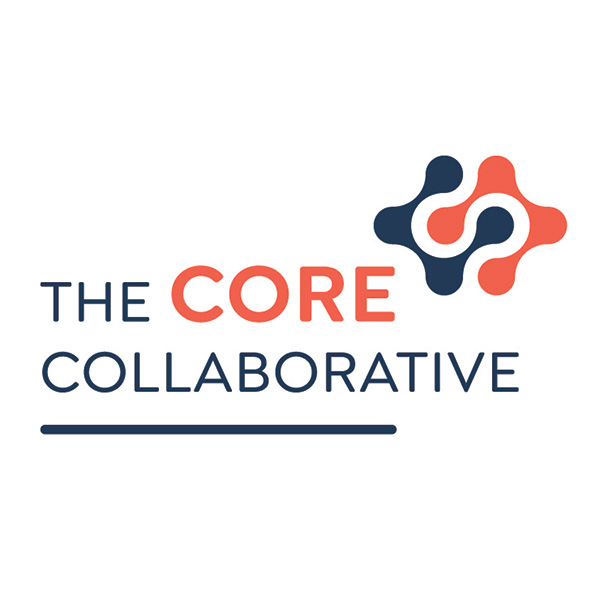We are looking forward to having author and educator Eric Bjornstad leading our July webinar, “Growing Scientists: How Peer Power Teaches Students What it Means to be a Scientist”.
Have you ever wondered how something worked?
Have you encountered a problem that you didn’t know how to solve?
Engaging in science imbues us with the skills and strategies we need to solve problems, analyze information, and understand the world around us. For students to develop these abilities, they must be engaged in authentic science practices throughout the learning process.
In Peer Power: Unite, Learn, and Prosper: Activate an Assessment Revolution, Eric describes a process that increases engagement, collaboration, student ownership, as well as the quality of student work without sacrificing content. Students take on roles as scientists while they explore real world phenomena.

These authentic experiences develop the skills of the Next Generation Science Practices to master the expectations of the Next Generation Science Standards (NGSS) or other state standards. Learners are taught to engage in various forms of peer review that involve analyzing each other’s work, asking questions, and providing feedback.
This practice connects to the peer review process in academia and beyond, to which all published research is eventually subject. The complete process can be applied to any science course in any grade level.
Science is much more than a collection of facts, it is a process in which we explore ideas, find new facts, and assemble them all to increase our understanding of the world around us. Together we can ensure students view science as something exciting to take part in, rather than something that has already been done or an answer to remember on an assessment.

Join Eric to:
- Gain insight on designing rubrics aligned to science practices
- Understand how to align investigative phenomena to science practices
- Learn strategies to strengthen self and peer assessment in the science classroom
Who: Partner Consultant and Author Eric Bjornstad
What: Register here for Growing Scientists: How Peer Power Teaches Students What it Means to be a Scientist
When: Thursday, July 16th (4:30 Pacific/7:30 Eastern)*
Why: The scientific process depends on peer review as well as the ability to apply concepts and skills to investigate, test, and create. When students explore scientific phenomena using science practices with the support of clear expectations and peer assessment, they develop skills and ways of thinking that they will use for the rest of their lives.
*This time doesn’t work for you? No problem! Register and we will send you a recording of the webinar by the start of the next week.
Have a burning question or an educational topic or strategy you want to learn more about? Let us know at isaac@thecorecollaborative.com and we may be able to plan a TCC Master Class webinar, #CoreChat, or Core Communique blog to continue your journey of professional learning.

